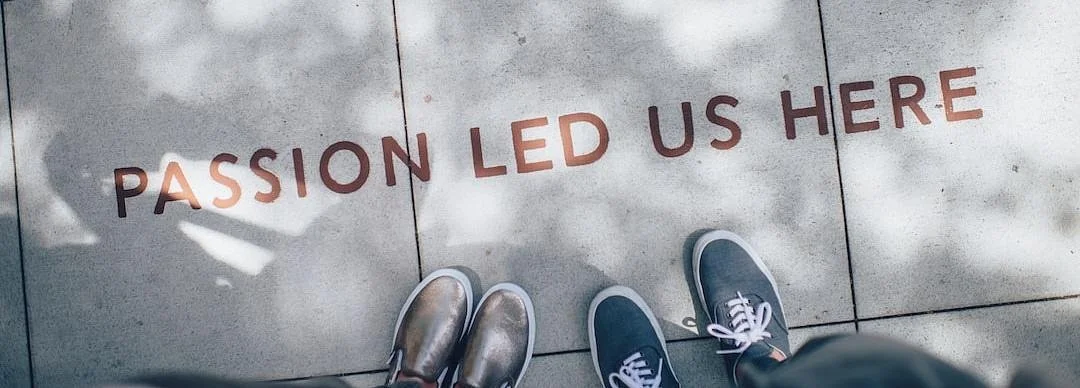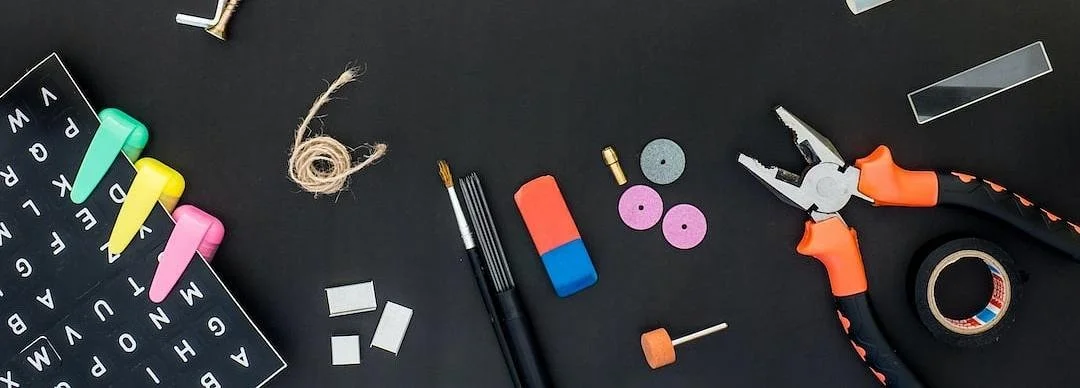Useless Art: valuing the unnecessary in social practice (2018)
By Jody Wood
I've never felt entirely at home describing my work as Arte Útil (Useful Art)* or Artistic Activism,* terms employed by leaders in the field whose contributions to socially engaged art are nothing short of groundbreaking.
Despite the esteemed work completed under their auspices, these terms claim concrete benefits I cannot personally insinuate to provide. The promise of aid is often undermined by the utopic intangibilities of experimentation and the exquisite absurdity of unnecessary endeavors - imaginative qualities that make Social Practice a rich and perplexing artistic practice.
Usability as a defining feature in art tends to reduce it to that familiar justification of profitability leveraged by Capitalism. This language is so rooted within an economic paradigm that the word 'useful' is nearly synonymous with value, while whatever is useless is considered disposable. There has been much written on the ways in which Capitalism reduces the imagination to only consider valuable human activity contributing to production or consumption. To complicate this simplistic paradigm, much Social Practice, including my own, is concerned with the margins of society that are deemed useless and inconsequential. At its best, Social Practice creates structures in which serious transformation can occur - a sort of electrical current to charge and energize identity or relationships, sparking new perspectives on how people see and relate to themselves, one another, and the systems around them. Social Practice is at once on the ground and in the air - the artistic imagination never stops thinking its way out of boxes and limitations, albeit unconventionally.
I had started my project Beauty in Transition thinking about the homeless shelter as a system into which our Capitalist society filters its unwanted and labels human bodies reductively according to that which they do not have: a home. In this context, social workers are doing the groundwork building a practical case for their clients to re-enter society, assembling housing packages, coordinating dynamic care, conducting intake, and ensuring safety for at times hundreds of people packed into cubicle-like bunking areas. Front line staff also act as gatekeepers, turning people away who arrive past curfew, and in States not mandated by right to shelter laws, when there is simply not room. It was in this context that I worked in a vastly different yet concordant role, as an artist with a mobile hair salon, coordinating cosmetic services tied to touch and stigma, identity and autonomy. One could easily call these services impractical, and their value was certainly ephemeral - hair grows out, color fades, split ends return.
One woman named Irene left her sick bed in the shelter to have her hair styled; after her appointment, she was asked what she planned to do with the rest of her day and answered, "I'm going back to bed but I feel great." The project intentionally resisted the usefulness it would have been pushed toward had we partnered with job services or interview-readiness programs. The project goals were geared toward momentary perceptual changes, both internally and relationally, rather than maximizing usefulness and sustainability.
In another project entitled Spoken Stage, I worked with Senior Welfare Center of Seoul in South Korea co-leading performative English language poetry writing workshops with artist So Yeon Park. We joined a self-led English Language learning group as guest instructors and our oldest student was aged 94. Many of our students were asked by their acquaintances, "why would you be learning a new language at your age when you're not planning on using it for a job or to travel?" There is a sense of irrationality when devoting energy to an activity falling outside the parameters of production or consumption. Although we believed the endeavor was valuable, it was not useful in common terms.
I find it freeing and expansive when art has the permission and capacity to tend to social bonds, finding relevance with non-art audiences and being considered no less artistic for doing so. When I propose a new work or the continuation of an ongoing project, I often grapple with making a case for the intangible value of my project while resisting agendas to move into conversations about potential usefulness and profitability. My question for myself is, how can Social Practice collapse oppositional definitions of useful and useless, opting out of the language of Capitalist profitability, and in exchange, bolster a different value system?



